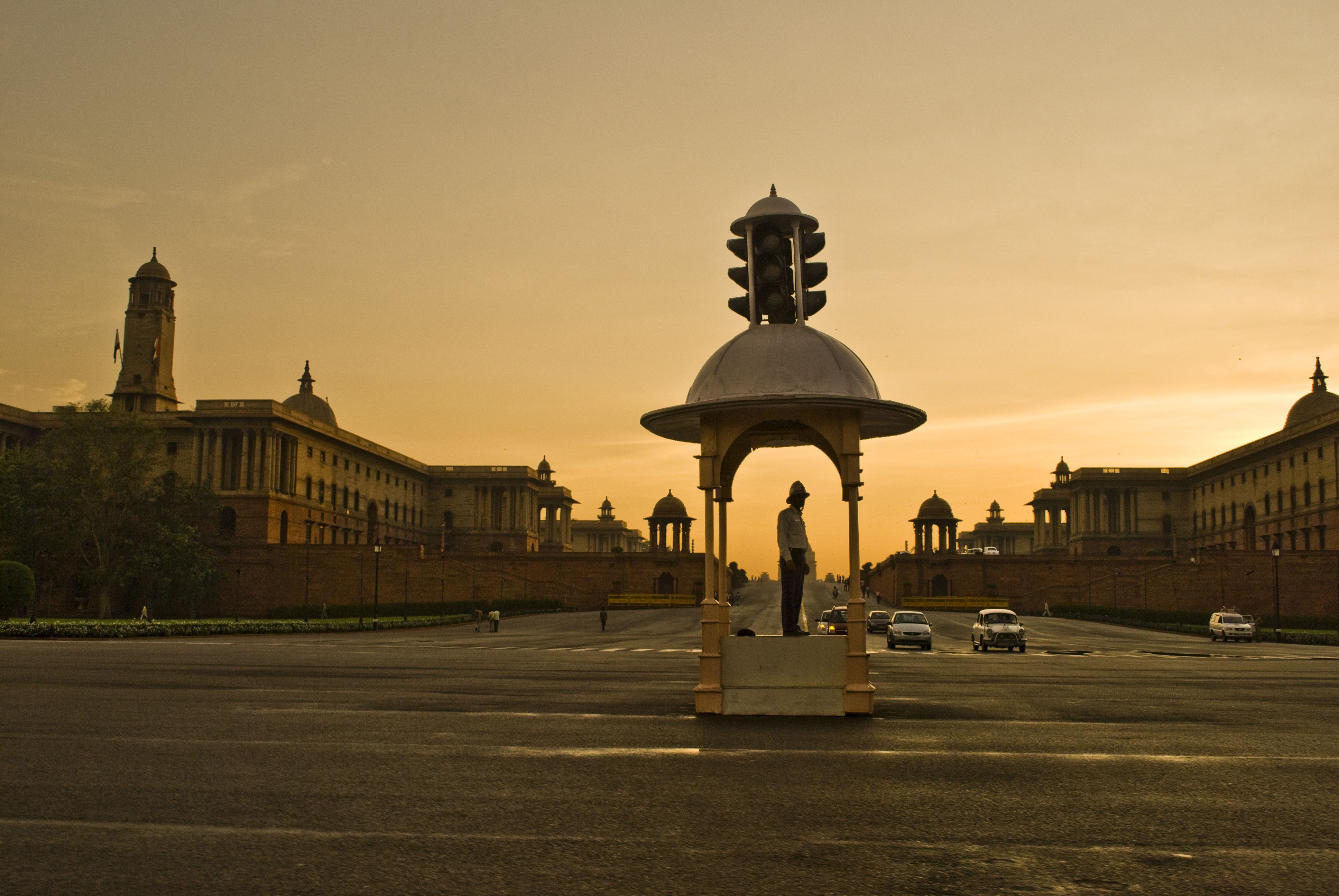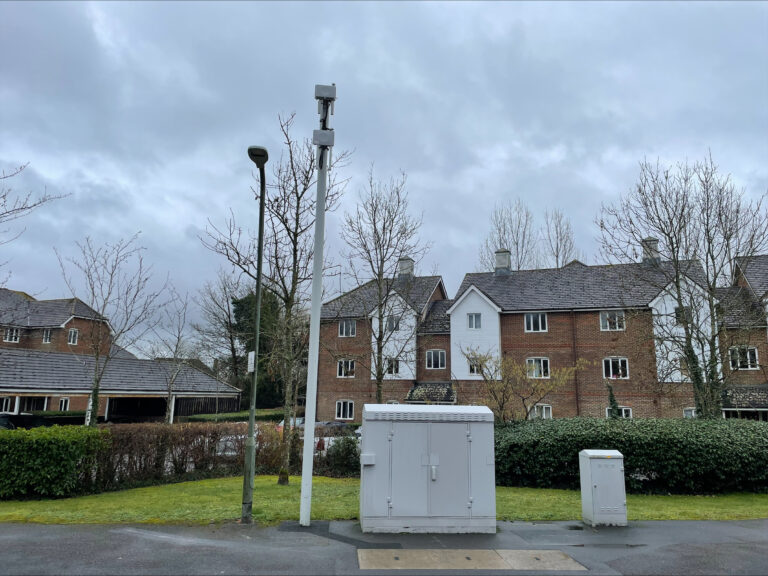
Smart cities need smart urban governance
01 May 2016
by Jonathan Andrews
By Raina Singh, Associate Fellow, Cities and Transport, The Energy and Resources Institute (TERI)
The Ministry of Urban Development launched the Smart Cities Mission on 25 June 2015 with the aim of promoting cities that provide core infrastructure, give a quality of life to citizens and offer a clean and sustainable environment through the application of ‘smart’ solutions. The mission is an ambitious flagship scheme of the Indian Government with US$7.5 billion earmarked for investment across 100 cities over a period of five years. A city challenge was floated wherein cities were asked to submit their smart city proposals to receive funding under the mission. Based on their proposals, the top 20 scoring cities would be selected for Round 1 implementation and the next 80 in Round 2 and Round 3 subsequently.
The Round 1 submission process was completed on 15 December, 2015 and for the first time saw an extensive participatory planning approach at the city level across the country. Although there has always been a stage of ‘public objections and suggestions’ in the traditional master planning process in Indian cities, anything beyond that was considered unviable, extraneous and time consuming by planners and policymakers. The Smart Cities Challenge saw cities come up with proposals within a period of approximately 100 days and use multiple innovative ways and means for citizen engagement. These included public campaigns on the streets and through electronic, print and social media platforms. The engagement process also witnessed extensive enthusiasm and participation with citizens coming up with detailed suggestions for realising their smart city vision. Numerous ideas were submitted throughout the proposal preparation process on discussion forums and social media pages of city governments, and the government portal–mygov.in.
It is clear that citizens’ aspirations have now shifted from basic infrastructure and services to achieving global benchmarks. Most of the competing smart cities envision environmental sustainability, resilience, inclusive growth, heritage conservation, and strive fora vibrant economy with state-of-the-art infrastructure. While a number of smart solutions have been proposed to improve the efficiency of physical infrastructure systems, like transport, waste management, and water and energy supply, a smart urban governance based on open data and an IoT-driven approach is equally important for citizen-centric governance and informed decision making in a smart city.
In the first place, this will require a single point data store with an integrated acquisition system, which is fed by information from various networks, so that this information can be used for individual e-governance applications. For example, for citizen services like billing, grievance redressal, and dissemination dashboards. However, most urban local bodies in India face significant human resource constraints and do not have the capability to implement such systems. It has been suggested by many that developing a centrally hosted cloud based solution at the level of the central or state government may be one of the few immediate options to ensure that the e-governance component of the smart city architecture does not stand in the way of timely implementation of smart cities on the ground.

Similarly, apprehensions were raised regarding timely and effective implementation of the mission by urban local bodies owing to their existing financial capacity constraints. The Reform Agenda identified under the Jawaharlal Nehru National Urban Renewal Mission was also not completely implemented by a number of urban local bodies which are still using old methods of accounting, most of which lack a credit rating. Now, each of the cities implementing smart city proposals will require a minimum investment of US$150 million. Therefore, the task of implementation of the proposals was entrusted to ‘special purpose vehicles’ which will be constituted afresh in all the smart cities to plan, appraise, approve, release funds, implement, manage, operate, monitor and evaluate the smart city development projects.
The vehicles will have complete operational independence and autonomy in decision-making and mission implementation, and will be headed by an exclusive CEO and board of directors which will have representatives and nominees from central government, the respective state government and the urban local bodies. Besides, there will be ex-officio representation from the existing public departments and utilities as well.
Though taking up immediate and short term solutions–which do not involve the urban local bodies directly– will definitely speed up the process of implementation, it cannot be a lasting working model. For one thing, it will further discourage the development of city governments into effective and accountable autonomous entities as envisaged in the 74th Constitutional Amendment Act of India. Secondly, it will add to the already existing multiplicity of authorities with overlapping functions which reflects the failure of development plans and lack of effective urban management in Indian cities. Systematic capacity building of the local bodies is, therefore, necessary at the proposal implementation stage to monitor and manage the new smart city projects for effective, well-resourced and democratically accountable urban governance.
The outcome of India Smart Cities Challenge Round I was announced by the government on 28 January. The following cities made it into the top 20 list; Bhubaneswar, Pune, Jaipur, Surat, Kochi, Ahmedabad, Jabalpur, Visakhapatnam, Solapur, Davangere, Indore, New Delhi Municipal Corporation, Coimbatore, Kakinada, Belgaum, Udaipur, Guwahati, Chennai, Ludhiana, and Bhopal.









